No products in the cart.
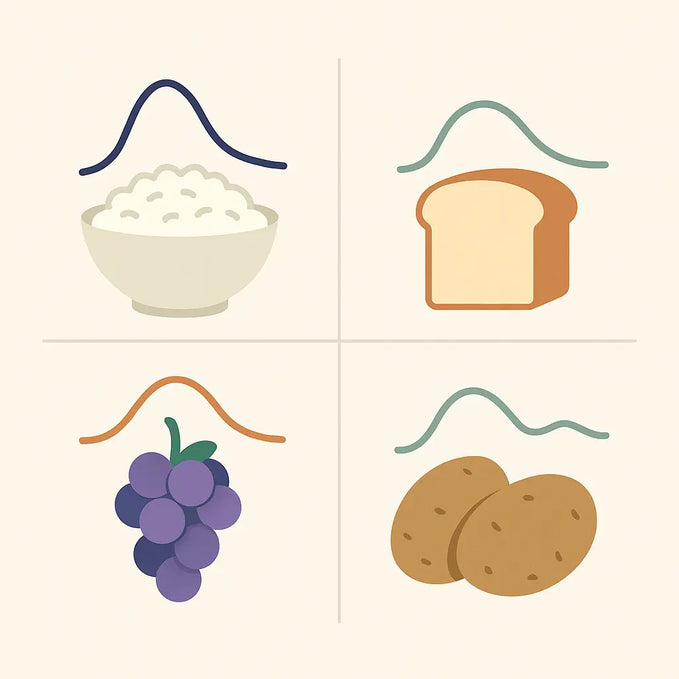
Why Your Blood Sugar Reacts Differently to Carbs Than Your Friend’s
Posted by: Didrik Sopler, Ph.D., L.Ac.
Why the same carbs hit your blood sugar differently than your friend’s: new data on glucose spikes, rice vs potatoes, and how to personalize meals.

Want Better Blood Sugar Control? Try “Exercise Snacks” Before Meals
Posted by: Didrik Sopler, Ph.D., L.Ac.
Discover how 1-minute 'exercise snacks' before meals can quickly lower blood sugar and insulin resistance—easy, effective, and no gym membership needed!

Research on this plant ingredient has shown impressive results.
Posted by: Didrik Sopler, Ph.D., L.Ac.
Continued research on Berberine
Read more
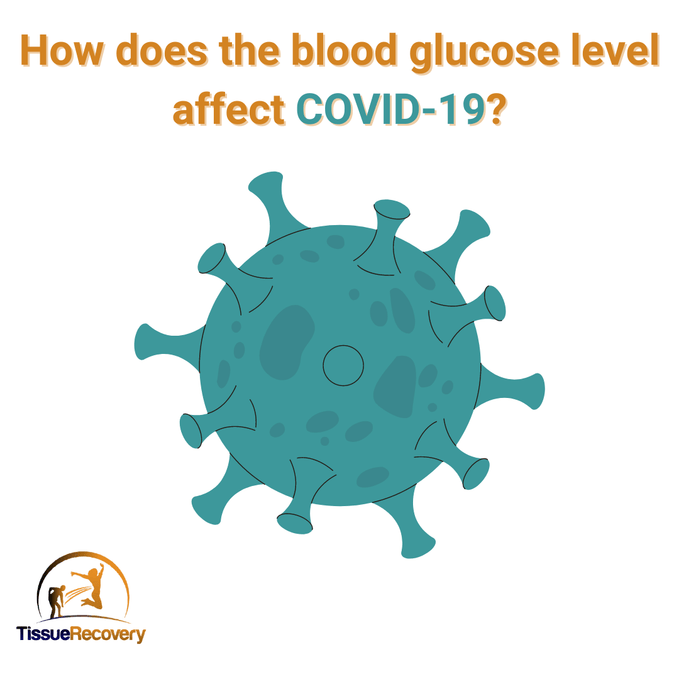
How does the blood glucose level affect COVID-19?
Posted by: Didrik Sopler, Ph.D., L.Ac.
A huge amount of research has been produced on the COVID 19. It is so much that it is impossible for someone to read all of it. That’s why researchers in Switzerland implemented the use of artificial intelligence to access relevant information from a huge number of studies. The...
Read more
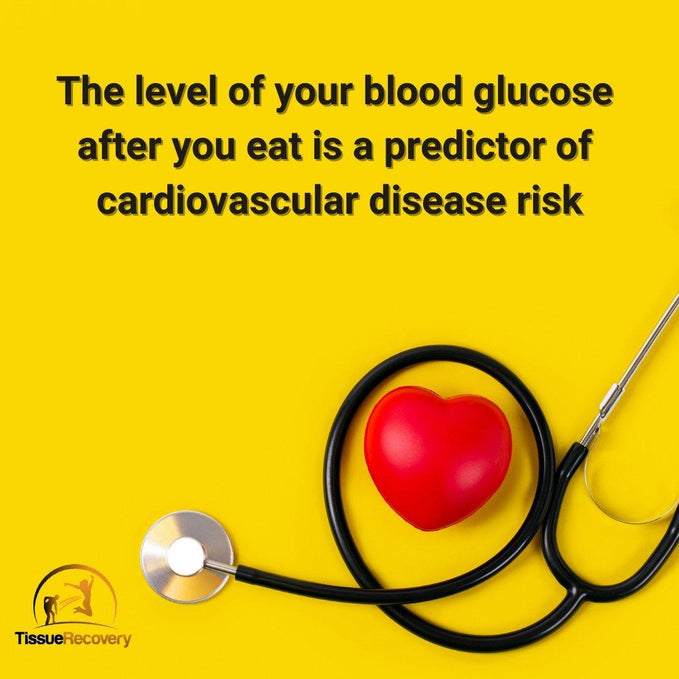
The level of your blood glucose after you eat is a predictor of cardiovascular disease risk.
Posted by: Didrik Sopler, Ph.D., L.Ac.
Oxidative stress is directly proportional to the increase in glucose after a meal. This increase in free radicals acutely triggers inflammation, endothelial dysfunction, hypercoagulability ( risk for blood clots), and a cascade of other atherogenic changes (O’Keefe GH, Bell DSH, 2007). The endothelium is the inner lining of the...
Read more

Do all types of fat have the same effect on insulin sensitivity, the body’s ability to transfer the blood glucose into the cells?
Posted by: Didrik Sopler, Ph.D., L.Ac.
This research evaluated the effect of ingesting either monounsaturated fat, polyunsaturated fat, saturated fat, or water as a control on glucose-stimulated insulin secretion, insulin sensitivity and insulin clearance in seven overweight or obese, non-diabetic participants (Xiao C, et al., 2006). Olive oil is high in monounsaturated fat, walnuts are...
Read more
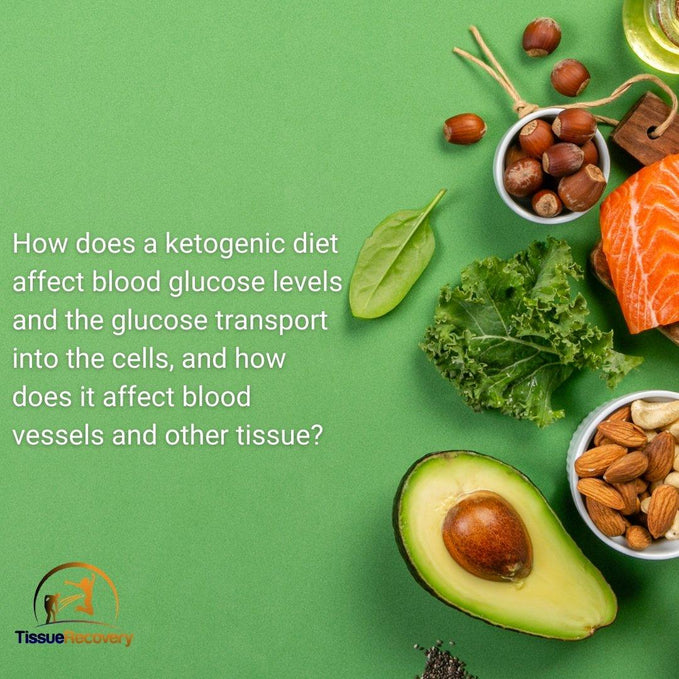
How does a ketogenic diet affect blood glucose levels and the glucose transport into the cells, and how does it affect blood vessels and other tissue?
Posted by: Didrik Sopler, Ph.D., L.Ac.
Fat is not metabolized to glucose and does not require insulin to be metabolized. Instead, a ketogenic diet (high fat diet) provides energy from ketones. Eating only fat will for that reason not increase the blood glucose level. That may sound good but let us look at what happens....
Read more
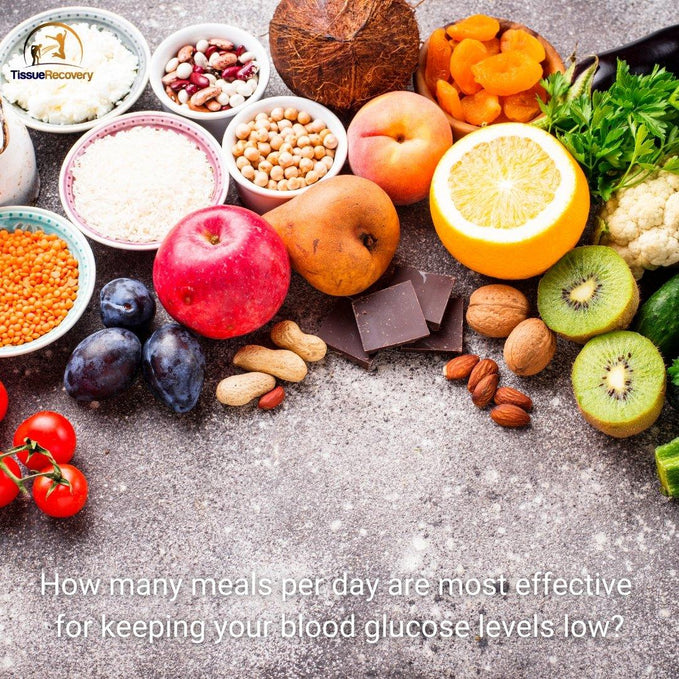
How many meals per day are most effective for keeping your blood glucose levels low?
Posted by: Didrik Sopler, Ph.D., L.Ac.
Elevated blood glucose levels cause tissue damage and increase inflammation. You don’t have to have diabetes to see the damaging effects of high blood glucose levels after a meal. Your body may be able to maintain fasting blood glucose within a normal range for a while even if you...
Read more

How important is physical activity for glucose control?
Posted by: Didrik Sopler, Ph.D., L.Ac.
We know that physical activity helps to transfer blood glucose into the cells, but you may be surprised what a difference it can make. The following research investigated that more in detail (Burns AM, et al., 2021). The participants were 10 healthy 24-year-old men. Forearm glucose uptake was...
Read more
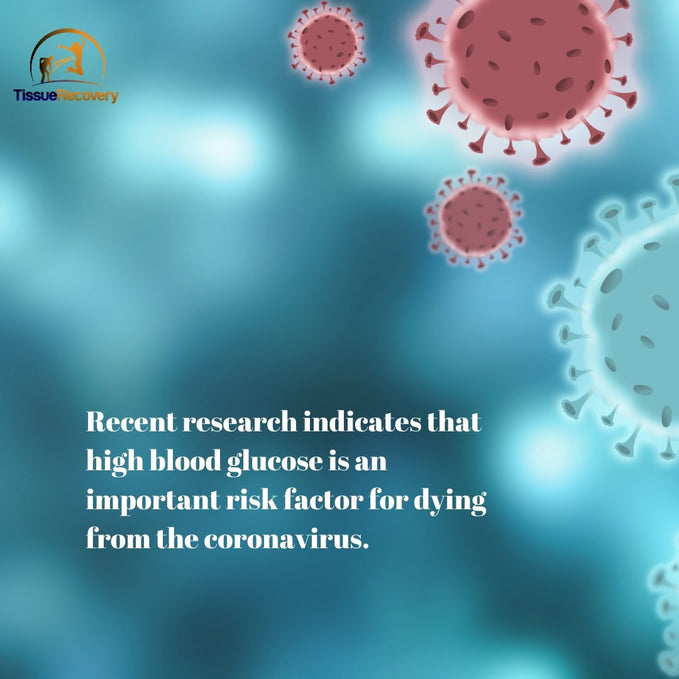
Recent research indicates that high blood glucose is an important risk factor for dying from the coronavirus.
Posted by: Didrik Sopler, Ph.D., L.Ac.
This study included non-critically ill patients hospitalized with COVID-19 (Carrasco-Sánchez F, et al., 2021). 11,312 patients were categorized into three groups according to their blood glucose levels: Less than 140 mg/dL, between 140-180 mg/dL and more than 180 mg/dL. Only 2128 of these patients had diabetes. This is what...
Read more
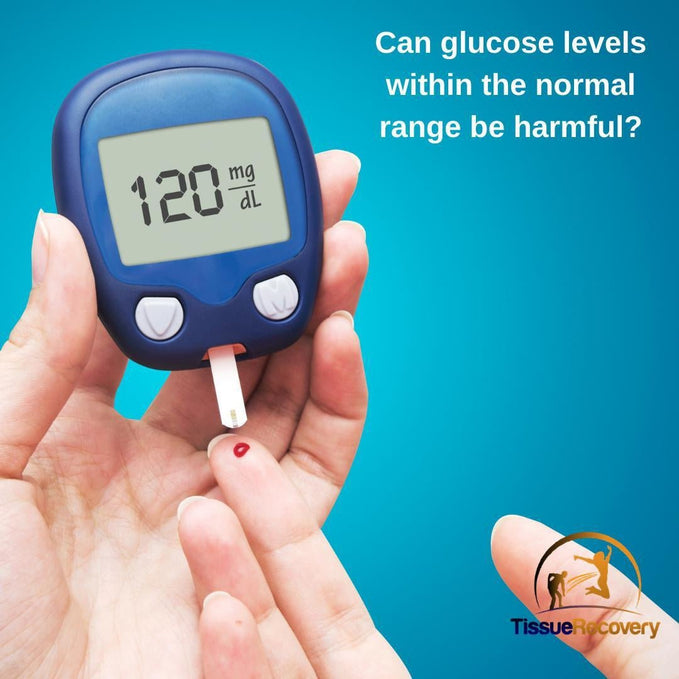
Can glucose levels within the normal range be harmful?
Posted by: Didrik Sopler, Ph.D., L.Ac.
The participants of this study were 266 cognitively healthy individuals without type 2 diabetes, 60-64 years of age (Cherbuin N, et al., 2012). MRI scans of their brains were recorded at the beginning of the study and 4 years later. Plasma glucose levels were found to be significantly associated...
Read more
Insulin resistance increases your risk for dementia
Posted by: Didrik Sopler
Insulin resistance is another risk factor for chronic disease. When study participants with the average age of only 40 years had cognitive tests and also a brain MRI done, the researchers concluded that hyperglycemia (elevated blood glucose) is associated with subtle brain injury, impaired attention and memory; even in young...
Read more

Three ingredients to help lower your blood glucose
Posted by: Didrik Sopler
These plants have traditionally been used to help keep the blood glucose at a normal level. Fenugreek is an Asian herb which has traditionally been used for diabetes. When data from 10 different studies were analyzed, fenugreek was found to lower fasting blood glucose, HbA1c (a measurement of long term...
Read more
Showing: 1 -13 of 13






